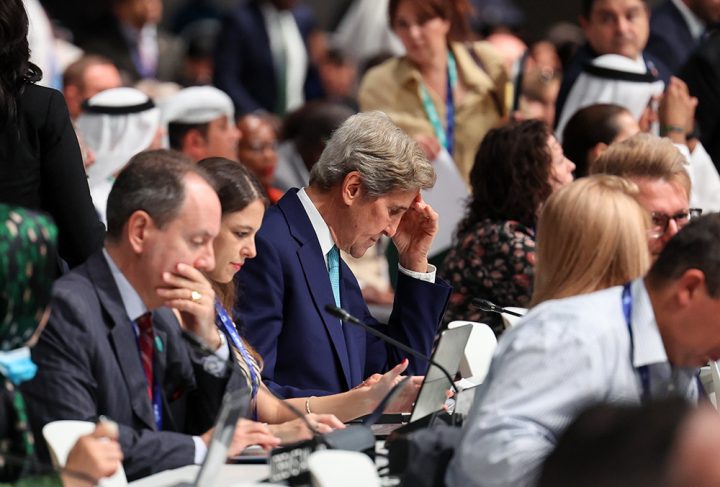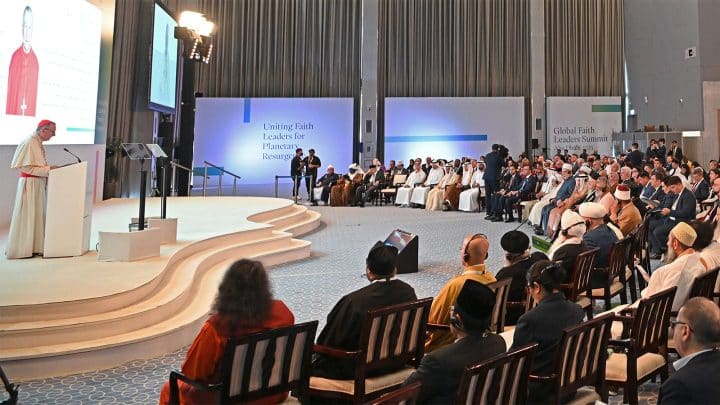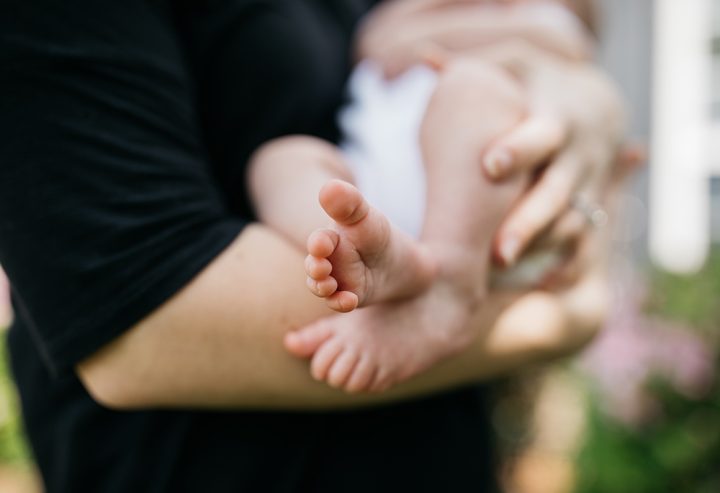“By your perseverance, you will secure your lives” (Luke 21:19).
Thirty-Third Sunday of Ordinary Time
Mal 3:19-20a; Ps 98; 2 Thes 3:7-12; Lk 21:5-19
The liturgical year, like the full cycle of seasons, reminds us that it takes growth and loss, promise and failure, life and death, to make our journey complete. The biographies of great people make this clear. Our own experience as we pass through each life stage teaches us to be patient, to stay in the game for the whole allotted time, to endure the long haul and never lose hope.
This November brings a kind of final exam on these truths. For those living in the northern hemisphere, nature surrenders to winter, while those in the southern hemisphere await spring’s renewal. Over shadowing all of this are grave environmental challenges and a war that raises the apocalyptic specter of nuclear confrontation.
Political upheaval and unfolding global dynamics affecting every institution confront us with what Dr. Martin Luther King Jr once defined as the choice between “chaos or community.” Despite age and failing health, Pope Francis continues to travel the world to amplify the choice this generation must make to go forward in justice and love, inclusiveness and fairness grounded in the dignity of every member of the human family. His prophetic voice has given context for the most important family conversation we are faced with. Will we choose God’s beloved community or cycle back into another season of exclusion and violence?
Thy mystery of God’s choice to enter history in the Person of Jesus is the message of hope we proclaim as the year ends and Advent begins. The dark night of human failure cannot stop the dawn of God’s mercy and grace. God seems to choose the worst of times to reveal the best of times. A tiny child arrives to signal a different future and a different destiny, not with death but in glory.
Today’s gospel reading from Luke is sobering, even dire, yet it offers another example of how the early Church faced persecution from without and dissension within. Generational and religious tensions between Jewish and gentile converts threatened to divide the Jesus movement. The catastrophe of the destruction of Jerusalem and the diaspora of survivors into North Africa and Asia Minor shook the foundations of the ancient world.
Paul’s letter to the Thessalonians, probably written about 25 years after the Christ Event, tells us that many early believers thought the second coming of Jesus was imminent, so they stopped working or taking responsibility for ordinary community needs. Paul, and later the evangelists began to promote that the Risen Christ had already returned in the church and that sharing his redemptive mission was to continue for the long haul.
At our Sunday Eucharist, we proclaim that we are the body of the Risen Christ, filled with his Holy Spirit. In every successive generation we must undergo the same conversion the first believers underwent to continue Jesus’ mission. The challenge is not that the world is ending, but that the world is changing, and we must be part of the process of guiding it by God’s grace toward the Reign of God that Jesus proclaimed.
With faith and courage, the small band of Jesus’s followers opened a path to a future based on hope and perseverance. Breakdown became breakthrough for them. Isn’t this the same promise and challenge of Advent for us? Are we not that band of followers now?



